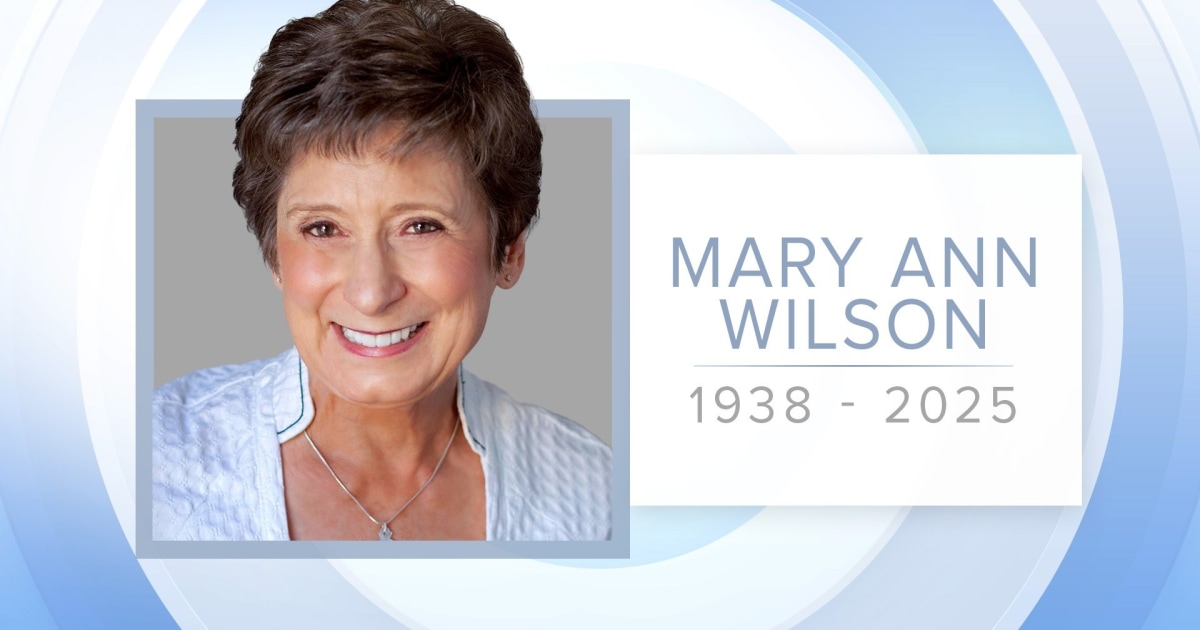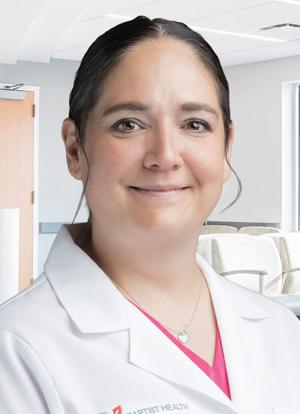During the annual HLTH conference in Las Vegas, Optum, the data analytics subsidiary of UnitedHealth Group, unveiled its new real-time claims management system, dubbed Optum Real. This platform aims to streamline the claims submission process and improve timely reimbursements for healthcare providers, addressing widespread dissatisfaction regarding insurer practices often characterized as “delay and deny.”
Executives from Optum presented the system as a solution to the significant challenges faced by providers and payers. According to Puneet Maheshwari, senior vice president and general manager of Optum Real, the core issue is the lack of transparency that leads to uncertainty and inefficiency in claims processing. “If I have to summarize it in one word, I would say the biggest challenge in claims and reimbursement is guesswork,” he stated during his presentation.
Addressing Claims Processing Challenges
The current claims process, as described by Maheshwari, is often slow and cumbersome. After a patient encounter, providers typically complete documentation within one to two days. This information is then sent in batches to various teams, such as clinical documentation improvement and coding, leading to delays that can stretch from weeks to months, particularly if administrative errors occur.
Optum Real seeks to eliminate this inefficiency by enabling real-time data exchange between payers and providers. This allows for the identification and resolution of issues at the point of claim submission. Maheshwari explained that the goal is to provide immediate clarity on whether a service is covered, the specifics of patient liability, and the exact payment amount for the provider—all before the patient leaves the exam room.
For instance, in a typical scenario involving an MRI, the system will clarify coverage and payment details instantly. This capability aims to reduce the lengthy back-and-forth that currently plagues the claims process.
Revolutionizing Transparency in Healthcare
Maheshwari emphasized that Optum Real is not just another technology for providers or payers; it represents a shift toward real-time transparency. Historically, payers have been criticized for a lack of clarity regarding reimbursement protocols. By opening application programming interfaces (APIs), UnitedHealthcare, a sister company of Optum, aims to foster greater transparency by providing specific eligibility information tied to individual patient diagnoses and provider contracts.
Despite the optimistic outlook, some industry observers remain cautious. They point out that the healthcare sector has traditionally lagged in adopting rapid technological advancements. Maheshwari acknowledged this concern but argued that the real-time capabilities of Optum Real could significantly reduce administrative overhead, which currently costs the healthcare industry approximately $300 billion to $350 billion annually in claim-related expenses.
“The numbers tell a different story,” he asserted. “When a provider submits a claim, around 80% are approved and paid on the first submission. The remaining 10% to 20% require rework, primarily due to insufficient information or errors.”
The introduction of this system may also signal a shift in how payers operate. While the traditional insurance business model often depended on minimizing payouts, the emphasis on transparency and efficiency could lead to a more collaborative relationship with providers.
As healthcare systems like Allina Health in Minnesota report significant savings through the use of Optum Real, the broader impact across the country remains to be seen. Providers are encouraged to monitor their experiences with UnitedHealthcare’s claims and reimbursement processes to assess any improvements resulting from the new system.
In summary, Optum Real aims to transform the claims management landscape by offering real-time solutions that promise to eliminate inefficiencies and enhance the overall experience for both providers and patients. As the healthcare industry continues to navigate its complex landscape, the effectiveness of this initiative will be closely watched.







